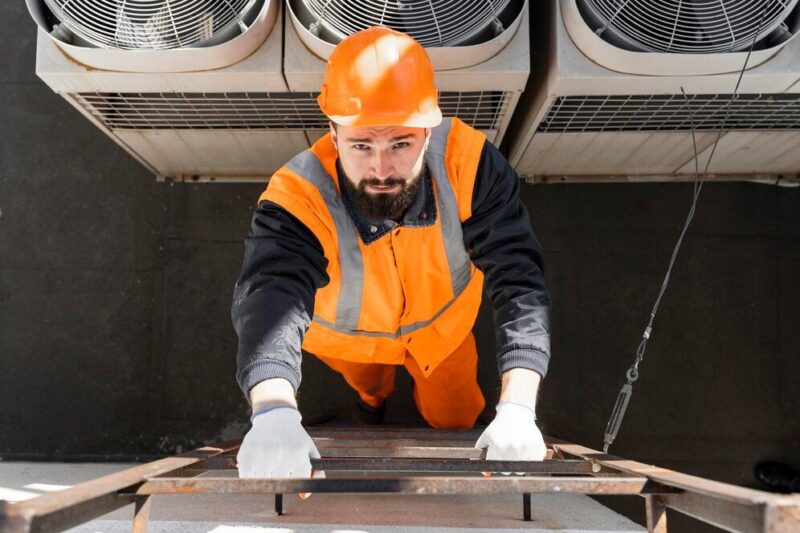The HVAC industry keeps showing strong potential. Service demand continues to grow. Residential and commercial clients need installation, repair, and maintenance. Aging systems, stricter environmental rules, and expanding real estate projects all fuel the need. But before buying any HVAC business in 2025, you need to evaluate the real picture behind the numbers.
This article gives you the full breakdown. If you want a business with recurring revenue, low churn, and long-term service contracts, HVAC ticks all the right boxes. Still, that doesn’t mean every opportunity is worth your money.
Let’s look at the main factors to guide your decision.
Market Outlook for HVAC in 2025
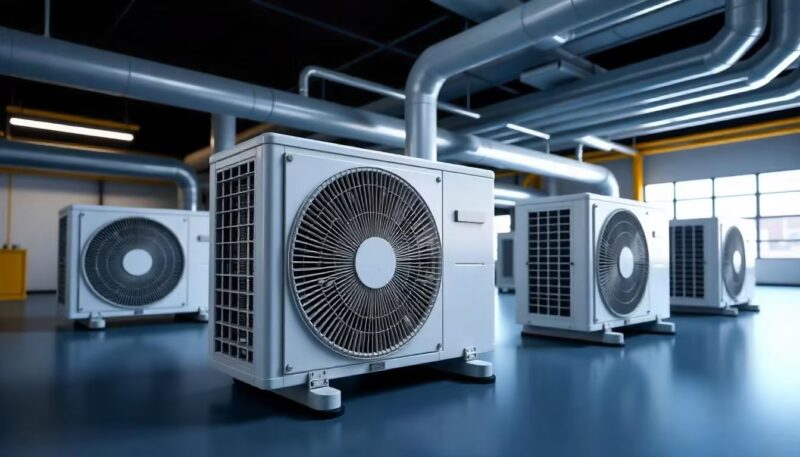
The HVAC market in North America remains healthy. Projections for 2025 estimate over $130 billion in industry value. Demand keeps growing in both residential and commercial sectors. A major driver is system replacement—especially due to regulations like the new refrigerant standards.
Energy efficiency upgrades are also pushing homeowners and building managers to seek HVAC contractors. These trends are not seasonal or short-lived. They come with strong momentum.
If you’re buying in 2025, timing matters. Interest rates, inflation, and labor shortages could shape valuations. But overall, HVAC remains a resilient and essential service field.
Why Buyers Target HVAC Businesses
Predictable Revenue Stream
Service contracts form a stable backbone for many HVAC companies. Most customers stick with one provider for years. Annual checkups, emergency calls, and upgrades create recurring cash flow. It’s not a one-time product sale. That matters when you’re forecasting margins and cash recovery.
Recession Resistance
No matter what happens to the economy, people still need heating and cooling. Commercial clients can’t risk downtime. Residential clients can’t live without air conditioning in peak seasons. This industry survives downturns better than most retail or hospitality operations.
Why Now May Be the Right Time
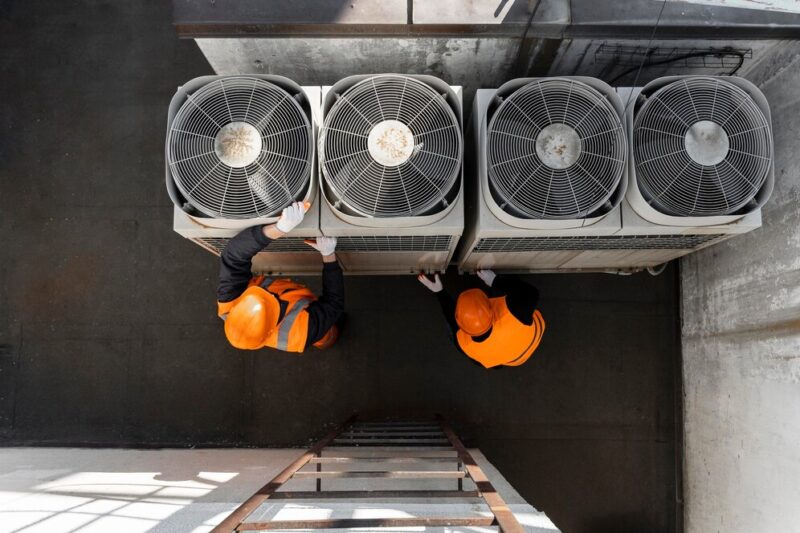
Many HVAC business owners are retiring. Baby Boomers who started these companies in the 80s and 90s now want to sell. That opens up real opportunities for acquisition at fair multiples.
The challenge is knowing which ones have strong systems versus those that rely entirely on the founder.
You need to dig deep into SOPs, CRM systems, dispatch processes, and hiring funnels. HVAC businesses with structure scale better—and they’re easier to transition.
Red Flags to Avoid
Not all HVAC businesses are well-run. Some suffer from poor service models, overreliance on one technician, or lack of operational systems. You want to avoid owners who have built a business around their personal labor and not a scalable model.
If the owner is still answering phones, scheduling jobs, and handling technician logistics, you’re not buying a business—you’re buying a job.
Licensing and Legal Liabilities

Some states require specific licenses to operate HVAC systems. If you buy a business without checking license status, you risk shutdown or fines. Always ask for compliance records. Verify technician certifications. Protect yourself from inheriting regulatory problems.
Key Financial Metrics to Review
You can’t rely on topline revenue. Focus on cash flow, margins, and recurring service agreements. Examine service versus install revenue. Service contracts tend to be more profitable and stable, while installs fluctuate.
Ask for:
- EBITDA margins over the past 3 years
- Customer churn rate
- Revenue split between commercial and residential
Low churn and a service-heavy model indicate good operational health.
What About Labor?
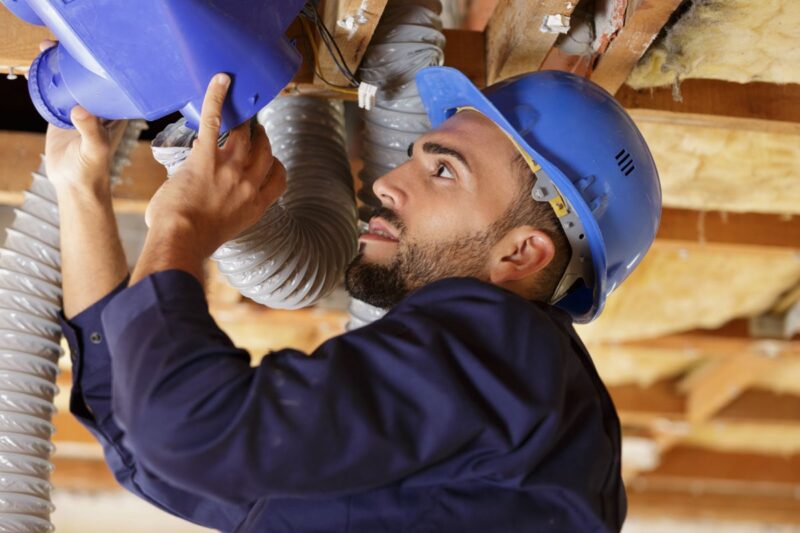
The skilled labor shortage continues. HVAC techs are in high demand. If you’re buying a business in 2025, check staff turnover. High-quality technicians are hard to replace. Retention matters more than you think.
Speak directly with lead techs. Ask what keeps them loyal. Understand what benefits or incentives keep them there. If the owner has no plan for technician loyalty, that’s a warning sign.
Ownership Involvement – Passive or Active?
Most buyers ask one big question: “Will I have to run this daily?” The answer depends on how well the current owner built systems.
If the company has a strong general manager, dispatcher, and field supervisors, you can stay hands-off. But if it’s a 5-man team where the owner does everything, expect to be heavily involved unless you bring in leadership fast.
Some buyers prefer operational control, others want passive income. Decide your role in advance.
Deal Structure and Financing
SBA loans still support many small business acquisitions. HVAC companies often qualify for SBA-backed financing due to their strong cash flow. This allows for leverage on your end.
But make sure the business can support debt service. The cash flow must cover:
- Loan repayments
- Taxes
- Maintenance capital
If margins are thin, the debt load may strangle operations. Always run a 3-year cash flow projection.
Exit Value in 5 to 10 Years
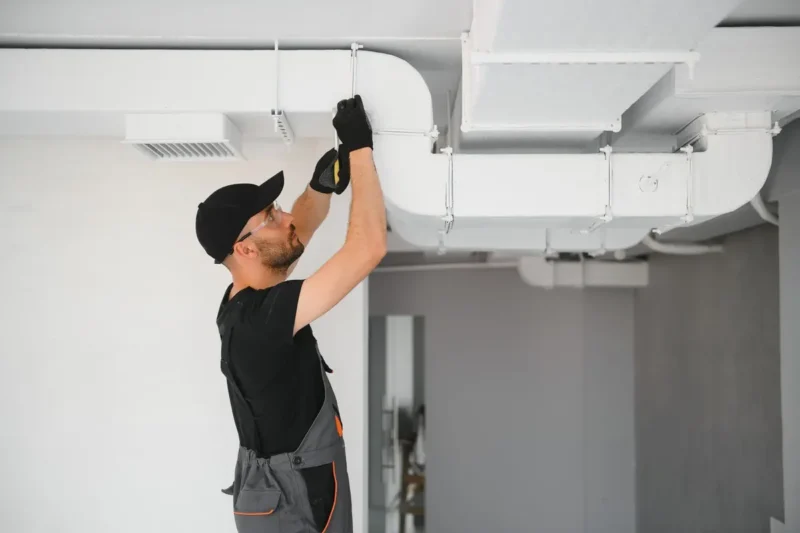
If you buy now, you should also ask: “What will this business be worth later?”
Well-run HVAC businesses command high multiples. If you add systems, grow recurring revenue, and retain technicians, you can exit at 4x–6x EBITDA. Private equity groups love these businesses because of predictable returns.
Plan your exit before the purchase. Buyers who scale with intention end up with better long-term value.
Final Considerations Before You Sign
Before you buy, evaluate cultural fit. Are the staff aligned with your leadership style? Can the current tech team transition under new ownership?
Also review customer reviews, online presence, and service delivery speed. These show how the company treats clients in real time.
Buyer Questions to Ask
- What happens if one key technician quits tomorrow?
- How many active recurring contracts are in place today?
- What % of leads come from referrals versus ads?
- Are all legal licenses up to date and transferable?
Strong answers here tell you more than any spreadsheet can.
Conclusion: Smart Play or Risky Move?
Buying an HVAC business in 2025 can be a smart move if the foundation is right. Recurring revenue, strong cash flow, and recession resistance make the sector attractive. But it’s not plug-and-play.
You need to evaluate staff, systems, and service mix. Choose companies with structure—not ones where the owner is the system. Use leverage wisely, and only buy when cash flow supports your growth goals.
The upside? Strong exit multiples, long-term client contracts, and a service everyone needs. With the right acquisition, HVAC can become your most reliable asset in 2025.

